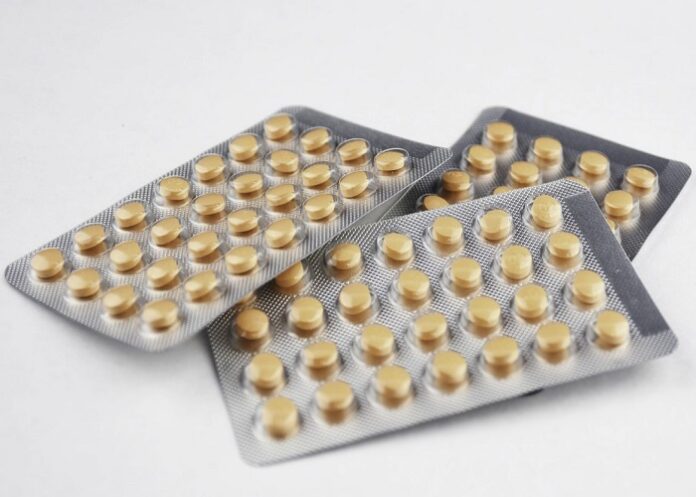Researchers who analysed almost a million women in Sweden have found those taking certain HRT tablets suffered higher rates of heart complications and blood clots.
Accordin to the research, published in the British Medical Journal on Thursday, a drug called tibolone caused the greatest increase in risk for a range of conditions. This included a 94% increase in heart attacks, a 97% increase in strokes, and 46% increase in heart disease compared with participants not on any HRT.
The Telegraph reports that tesearchers from Uppsala University in Sweden said it “means that for every 1 000 women who start taking tibolone during a year, one will develop a cardiovascular disease”, such as a heart attack, stroke, or coronary heart disease.
But the more commonly prescribed combined-hormone pills also carried increased risks, the research suggests.
The combined therapies contain oestrogen and progesterone and are recommended for most women, unless they have undergone a hysterectomy to remove their womb.
They come in either continuous form, where both hormones are taken every day, or sequential, where oestrogen is taken every day but progesterone is taken for 10 to 14 days a month.
The study found that the combined continuous pill increased the risk of heart disease by 21% and blood clots by 61%.
The overall figures are small, and the researchers said it translated to an extra 11 cases of heart disease in every 1 000 women starting the treatment.
The research also linked various other therapies to increases in blood clots, albeit not tibolone.
The risk of a blood clot doubled among those on a sequential pill therapy, increased by 57% for those taking oestrogen-only pills, and by 46% for those on transdermal combined drugs, which includes patches, gels and sprays.
Among the 920 000 healthy women studied, aged 50 to 58, 1.13% developed coronary heart disease, 0.45% suffered a stroke, and 0.47% had a heart attack. About 1% had a blood clot.
Almost two in five women who started taking HRT during the study took a continuous combined therapy. The researchers found over the study period women increasingly used patches and gels.
The authors of the study said: “These findings highlight the diverse effects of different hormone combinations and administration methods on the risk of cardiovascular disease.”
The British Heart Foundation, however, said there was also evidence that HRT could reduce the risk of heart disease, heart attacks and strokes, with the hormones helping to protect the heart’s health, and that it is important for women to discuss the pros and cons of starting treatment with their doctor.
‘Confounding factors’
Dr Stephen Burgess, group leader at the University of Cambridge Medical Research Centre’s Biostatistics Unit, said while the researchers analysis had been done correctly, the method meant the results were “susceptible to the influence of confounding factors”.
He added: “Despite this intrinsic limitation, this research provides helpful evidence that agrees with previous findings that HRT confers additional risk of clotting diseases: including risk of heart attack, stroke, and venous thromboembolism.
“This research adds to that evidence by suggesting that different HRT treatments may affect these various diseases to a greater or lesser extent, although no treatment is risk free.
“Patients should discuss and weigh the benefits of HRT versus the potential risks with their healthcare professionals.”
The Telegraph – HRT linked to risk of heart disease and blood clots, study finds
More from MedicalBrief archives
Experts warn against HRT for menopausal depression in new guidance
Suggested link between HRT and dementia – Danish study
HRT should be given earlier as menopause ‘reshapes the brainʼ – Nature Scientific Reports
New estimates of breast cancer risks associated with HRT

